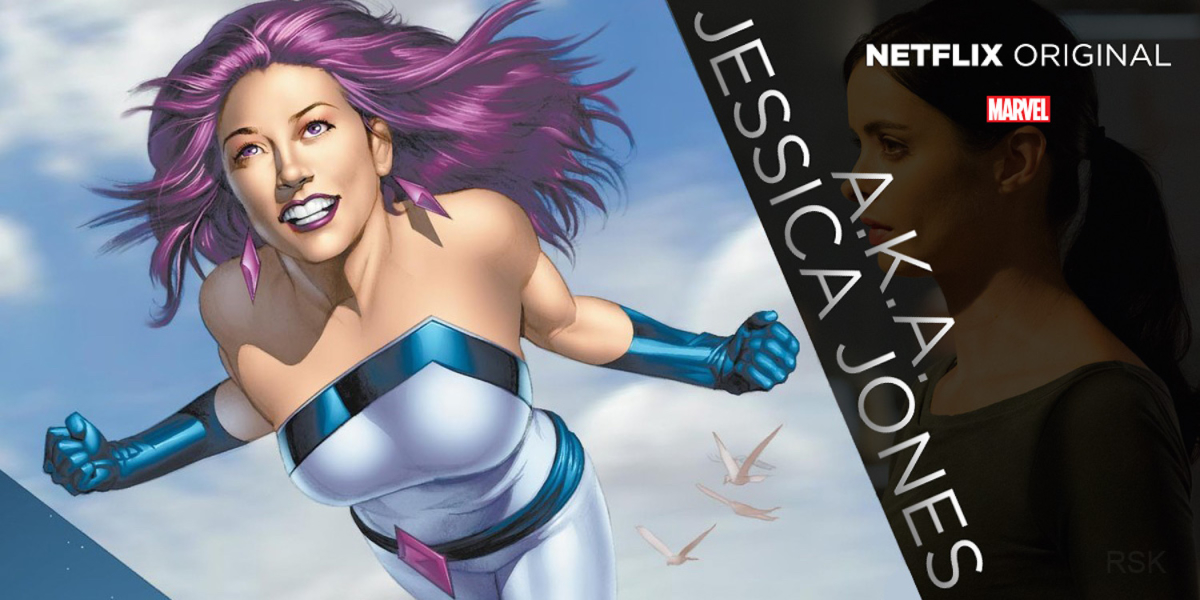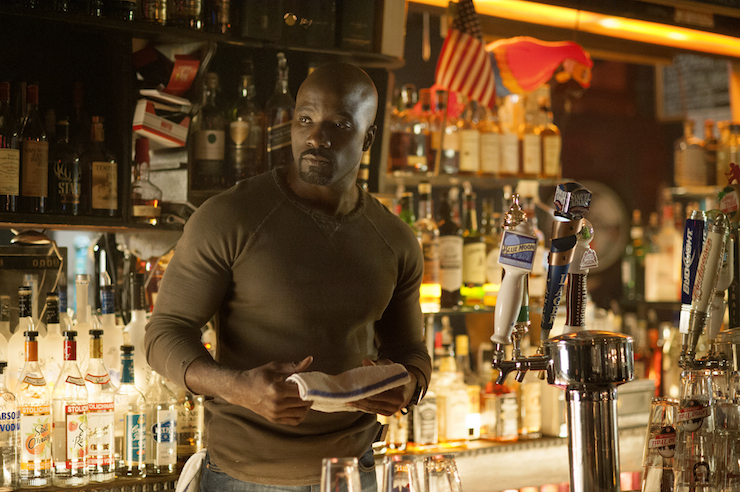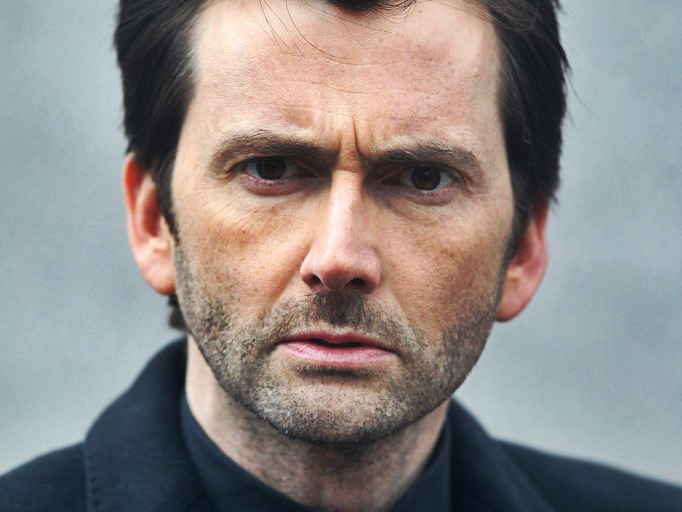The original Netflix series, based on Marvel’s Alias comic series by Brian Michael Bendis and Michael Gaydos, Jessica Jones reminds audiences the comic world is certainly not just one for children and better yet, has the power to compel the binge-watching viewers of today.
“My greatest weakness – occasionally, I give a damn “
Words uttered by the show’s protagonist manifests the struggle for those motivated by a sense of righteousness. Jessica is a bold, cunning and fervent former superhero turned private investigator as a result of her traumatic past. Alias Investigations, her agency, is revealed to be a by-product of Jessica’s post-traumatic stress disorder, engendered by the man who ‘cheated death’. Titling herself a ‘natural’ at her job, she aids others with her abilities of superhuman strength and flight (“You’re one of those people”, a man says to her [‘AKA Ladies Night’]). Krysten Ritter shy’s away from portraying Jessica as the superhero cliché she is not. Jessica Jones is set aside from her former and current Marvel and DC Comics counterparts. The complexity is sublimely orchestrated. Her vulgarity in language and sexual confidence communicates a sense of rawness – Jessica is not the stereotypical box-office-leading-lady, but in fact, a sort of anti-supergirl.

Through the gruesome flashbacks, coupled with the use of narrative voice, the audience is able to gradually piece Jessica’s past together and is further granted insight into her intricate mind.
But Jessica is not the only compelling character in the show. Her estranged best-friend Trish and fellow superhero lover Luke Cage add multiple convoluted facets to the story.

The man who ‘cheated death’, more formally know as Killgrave or the Purple Man, is played by David Tennant. A literal mastermind and truly terrifying villain. Under the influence of his pseudo-god like power of mind control, Jessica underwent submission. She becomes a pawn in his game yet again when he deceivingly leads a couple to Alias Investigations to find their missing daughter (‘AKA Ladies Night’). The comfort Jessica provides for Killgraves latest toy reveals a more tender side; she empathises with Hope as she has experienced the same psychological torture.

The mere thought of Killgrave’s memory becomes Jessica’s nightmare, and furthermore reveals to the audience that she is in fact not unbreakable. She is vulnerable. Flashback snippets of his intimacy elegantly portray the horror that lives within her. Her heavy whiskey drinking, and reciting of familiar childhood street names (“Main Street, Higgins Drive, Cobalt Lane”) are coping mechanisms used to absolve the darkness fuelled by Killgrave. The climatic first on-screen encounter with Jessica and her former master in Episode 3 ‘AKA It’s Called Whiskey’ proves their war wages on.
The characters of Jessica Jones are not the only reasons why the show is unique. Aesthetically and stylistically, what appears on screen for each fifty-minute episode works in captivating the viewer. The stencil comic-like animation accompanied by the guitar and drum crescendo of the opening title sequence charms the audience from the outset, cementing us into the Marvel Cinematic Universe. This underworld is one of corruption and unorthodoxy. The lighting and colour employed – principally purple and blue filters – echo these themes and set the noir-esque tone of the series. The playful cinematography that perpetuates this psychological thriller should also be noted:
A sophisticated, comic book based series, the end of each episode leaves the viewer feeling emotionally strained but yearning for more. Jessica was ‘never the hero [she] was supposed to be’ (AKA Crush Syndrome’) but she is certainly succeeds in converting the audience comic fanatics.
To read more about Jessica Jones, jump to: http://fashionindustrybroadcast.com/2015/11/11/jessica-jones-marvels-first-female-stand-alone/







